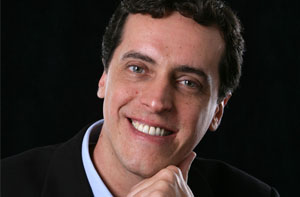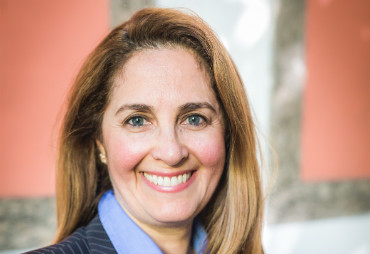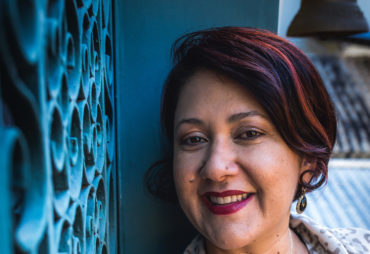
Recode (formerly Center for Digital Inclusion) is a social impact organization committed to digital empowerment that aims to prepare independent, aware, and connected young people to reprogram the systems to which they belong using technology. These young people design new solutions to the world's problems. Through digital empowerment, Recode broadens the horizon of opportunities for young people in situations of social vulnerability. Recode partners with community centers, libraries, and government schools to train in its methodology. As a network of educators, teachers, and librarians, Recode encourage a new awareness and generates opportunities for young Brazilians. It operates in nine countries and 26 states within Brazil and has had transformative impact on 1.753 million people.
The power of technology is harnessed and owned by low-income communities all over the world, opening opportunities for economic and social well-being.
Online Platform and Train the Trainers: Recode continues to expand its online learning platform and its network of digital empowerment centers.
Recode Pro: Recode's program focused in tech skills training to employ low-income youth in tech jobs is a social business where employers pay a recruitment fee to hire students.

Founder and President, CDI Global, Center for Digital Inclusion
As the son of an information management specialist, Rodrigo Baggio learned about computers early. As a teenager, he volunteered helping street children and mobilizing workers for a day nursery in the slums of Rio de Janeiro. At that time, the technology revolution was having a tremendous impact on Brazil, yet, Rodrigo saw it creating another social divide, instead of opportunities for all. He set about to combine his desire to improve the lives of the poor with his passion for technology. In 1995, with a collection of secondhand computers and volunteer teachers, he founded Recode to teach people how to use technology to improve their communities and their lives. Recode applies three main models in its work with low-income communities: 1) building self-managed community centers that serve as non-formal teaching hubs for children and adults to learn marketable technology skills, 2) an accessible network of internet cafes; and 3) social innovation hubs -- community centers, incubation labs, and tech-for-good curriculum – that enable entrepreneurial learning as community members and students design tech-based solutions for common challenges. Its model blends technology education with was civic engagement, for example, learning Microsoft Word by creating a table of constitutional rights, or becoming fluent with an Excel spreadsheet by working on a community organization budget. Over time the model has become more focused on outcomes related to job skills, employment, and community entrepreneurship.
In 2019 Recode impacted 52,000 people, of which 55 percent were women, and built capacity through 1,158 digital empowerment centers including libraries, schools and community-based organizations. Recode also launched a new social business, Recode Pro, that trains low-income youth for entry-level jobs in tech, such as full stack developer, with salaries on average five times higher than their previous jobs. The first cohort of 100 students, even before its finish, had a positive response from employers that have already pre-booked some students, reassuring us in our goals to expand the program in 2020.


